Genetic Defect
“Love pushes us to believe, even when reason tells us we should stop. Love compels us to move carefully, to consider the consequences of our actions. Love reminds us what’s worth fighting for, what isn’t. Love begs us to stop being passive and finally act. If you can’t write about us with a love for who we are as a people, what we’ve survived, what we’ve accomplished despite all attempts to keep us from doing so; if you can’t look at us as we are and feel your pupils go wide, rendering all stereotypes a sham, a poor copy, a disgrace—then why are you writing about us at all?” - Alicia Elliott, author of "Mind Spread Out on the Ground"
I was a kid in the 1980s and a teenager in the 90s. I grew up in a Montreal suburban home with two cars, I had a dog and later, a cat, went to church every Sunday with my father, and went to a French elementary school despite being anglophone speaking. I took pride in my waist-length blonde hair and blue eyes. Throughout my childhood, I was told that I was so pretty with my blue eyes, pale white skin and blonde hair.
I am quite happy I got to grow up in a time that meant playing outdoors until the lights from the lamposts came on was common. I climbed trees and got stuck and had to have my friend's dad pry me out. We drank water from the hose and rode our bikes everywhere. I got to see the invention of the Internet and owned the original, classic gaming systems such as Coleco Vision, Atari, and later, Nintendo. I got to hold the original Gameboy, with its pea-green screen in all its glory. I always had to play near a light source because there was no backlight and the screen resolution sucked. When Nintendo released its Gameboy Colour, I was impressed. I even got to play the original Pokemon game. I got Pokemon Red because I wanted a Charizard. I also lived in a world where wearing the wrong colour of shoelaces on your Doc Martens meant you were a white supremacist and local skinheads would gather in the woods, behind my friend's apartment at night to party.
I was born as an accident, a mistake, I was never wanted or planned as my mother constantly reminded me. I was a burden. My parents had me in their forties. My mother had 7 kids from her previous marriage, with the exception of my brother who was a teenager at that time, my mom had her family, her responsibilities were pretty much over and now she was burdened down and had to start over, all because of me. On the other side of the coin, my father was delighted to have his own child, a little girl no less. He doted on me. I was his little porcelain doll who he bought frilly dresses for. I was his princess who he took out to fancy restaurants, and listened to classical music with. He built me a beautiful dollhouse when I was a kid. It opened up and had two floors, and he even put shingles on the roof along with wallpaper and carpeting inside. He bought me mini furniture so I could furnish the home of my pretend family who lived inside. My dollhouse family was not like my own. The mother loved all her children. My dad to me, not only meant unconditional love, but he also meant magic. You see, while I slept at night, he would re-arrange my dollhouse furniture. He told me when I would wake up in the morning that a family of faeries also moved in and they re-arranged the house to their liking! My perfect happy doll family was replaced by a perfectly happy, faerie family. They were never any black sheep or scapegoats in my dollhouse. I discovered years later, that dollhouse was thrown in the trash by my mother.
My sense of growing up in two worlds didn't end there. At that time, Catholicism was still taught in schools. I did my First Communion and later, my Confirmation, with the majority of my classmates. I remember it was usually about once a month, a Nun called Soeur Marie-Magdelaine from our local church would grace us with her presence in "Catechaise" class. We always welcomed this lady with open arms. Her presence meant a reprieve from our usual boring, religious lectures. She brought games, candy, and fun! I always felt sorry for the non-catholic kids. At that time, we were never told their true religion. It didn't matter. They went to their "morale" class and the majority of us got to stay in our classroom. Whenever they left, while it was not outwardly admitted, it was greatly implied that these children did not believe the same things we do. They believed in false gods. Then the lesson would begin with the importance of accepting everyone and loving thy neighbour. Ironic, isn't it? I always found it sad that these kids would return to the classroom with all of us staring at them, silently judging them. No candy was ever left for them because they weren't in our class. I still wonder if anyone else saw the looks on their faces when they came back to our class? Did anyone else see their expression change from embarrassment/shame to pure disappointment when they would return to find discarded candy wrappers littering our desks? We were told that the candy was for us, for our special class. It was a gift from Soeur Marie Magdelaine.
My dad never used racial slurs. He spoke of the importance of accepting people for who they were despite the colour of their skin or for the way they look. There was this one time, I went with my dad, it was our usual Friday night outing together. He would take me to the bank to cash in his paycheque and we would then go to the mall for ice cream at Laura Secord. I always got my ice cream on one of those special sugar cones and always looked forward to the complimentary piece of chocolate that went on top. I remember passing this woman who was clearly plus-sized. I remember laughing and saying "Wow look at how fat that lady is!" I expected him to laugh, to make fun of her the way my mother would. Instead, I had my ice cream taken away until I approached that lady, tell her what I said about her and I had to apologize.
On the other hand, according to both parents, being gay meant you were "not natural" and I shouldn't associate with people like that. My mom used racial slurs. She dropped the occasional "N" word and didn't scold my siblings whenever they made a racist remark but laughed with them. When I questioned the adults in my life on this behaviour because, to me, it seemed wrong, I was told that my mother grew up in a time when that was acceptable. She is just "set in her ways" and "doesn't know any better." If I spent too much time with a female friend, I was told to "be careful, people will think you are a lesbian" like it was something bad. To this day, I still question my sexuality. Am I really bi or is it because the rebellious part of me is trying to say a proverbial "fuck you" to my parents?
I had a lot of favourite cartoons in the 80s and early 90s. There was Strawberry Shortcake, The Smurfs, Alvin & The Chipmunks, The Carebears, Transformers, Rainbow Brite, Jem & The Holograms, The Teenage Mutant Ninja Turtles, Ghostbusters and my ultimate favourites: Sailor Moon (though she came much later, I was about 16 or so) and She-Ra The Princess Of Power. She-Ra appealed to me because she also had waist-length blonde hair and blue eyes but she spoke her mind. She protected those weaker than she was. Her shows taught us the importance of friendship, don't do drugs, and accepting others. She did this in badass, high-heel boots no less! I wanted to be like She-Ra because I was told by the adults in my life that since I was the youngest, I was spoiled rotten. I was a princess. In my child's mind, I wanted to be a strong woman like She-Ra. I wanted to speak my truth and help those less fortunate. I wanted to make up for being a spoiled, privileged little brat. The great thing about 80s cartoons was that the writing always had an important message to convey to children. At the end of each She-ra episode, there was usually a brief discussion about the overall theme and some gentle advice for kids. I like to think I learned more about morality from watching She-Ra than what I learned at Church or in my Catechaise class!
My first suicide attempt happened in my teenage years. The issues at home, with my peers, and with my boyfriend at that time overtook me. I felt like I was sinking. I never quite "fit in" anywhere. I was always the odd one, the outcast, and I was coming to grips with who I was as a person vs the negative things I was hearing about me at home or from the words of my bullies. We always tend to believe the negative things we hear from others. I remember being taken to the Montreal Children's Hospital and placed under suicide watch. I remember the first night in that hospital. I had to have someone watch over me to make sure I didn't do anything stupid. The person did a horrible job of watching over me as he fell asleep. I remember being hungry because I missed dinner and a kind nurse brought me some toast with butter to eat. I don't know if it was boredom or the annoyance over the watcher falling asleep but I remember throwing pieces of toast at the guy to wake him up! As I look back at these memories while I am typing this, I laugh. I think I was bored but also annoyed at the watcher. To me, he was just another adult in my life who has failed me.
 |
| The beautiful Alicia Elliott, my new favourite author and inspiration for this post (Team Invisible) |
My trip to the hospital did something to my parents, especially my dad. My mom told everyone "it was just a phase" but my dad took my attempt seriously. He saw it for what it was: a cry for help. When I returned to school, I discovered that a classmate was placed on a suicide watch as well. He was brought in just as I was being let out. When he came back to school, I spoke with him. I never did because he's gay. He sat in front of me and we held each other's hands. Our eyes, mirroring each other, spoke of our hidden pain. He told me he knew how I felt when I went in and that he didn't want me to hurt myself. I asked him why he tried to end his life. Turns out, he was bullied so much for being gay. I told him I related to his story. We cried together and in that brief moment, we understood each other. We understood our raw pain which most people never did. We hugged each other. I came home that day and told my father about my encounter with "the gay kid" and instead of preaching to me about his religion, he listened. He listened to our stories, and while both were different, the pain we felt bonded us together. My dad smiled and told me I was an exceptional young lady. I managed to change his viewpoint and took him out of his "old, set ways" After that, my dad stopped trying to bribe me and pester me to go to church. Instead, he took me to my favourite occult store, Melange Magique and bought me books on Paganism. He got to meet the owner, a nice woman who would let me stay in her shop for hours, reading books, talking with her and petting the cats. I started dressing Goth and he took me to a store called Cruella's. He loved the decor of the store and smiled at the coffin displayed in the middle. He sat patiently, clearly out of place, while I tried on clothes. He loved that I ditched my punk look for a more, softer, goth one. He bought me a velvet top and my first corset. His conservative, outdated viewpoints were changing and he got to see my world; Despite having a love for the dark and macabre, there was a lot of colour too. Unfortunately, today, both of these stores closed down.
I remember enrolling in an MRE class in high school. I finally had my chance to learn about other faiths and cultures. I finally got my chance to settle my curiosity and to find out what the other kids were learning about in Elementary school whenever they left my classroom for our Catechaise class. The MRE teacher at my high school was a proud black woman. Through her, I learned about the Underground Railroad. After class, I often took the opportunity to speak with her and she would answer my millions of questions. She once handed me a book and said I could borrow it. She introduced me to one of my favourite poets, Maya Angelou.
I also remember learning about the Holocaust in school. My dad once said "you taught me that the best way to learn about injustice is by hearing it from the source, call your friend E and ask him about it" I called "E" and asked him about it. E comes from a Jewish family. It was awkward at first and I remember apologizing profusely for my ignorance. E kindly shared with me his family story along with historical facts. To this day, I am a firm believer that the best thing I can do, as a white woman is by listening to stories told by those who are persecuted. To give them a safe space to share their voice. Not to comment or shed tears but to listen. A common consensus I hear from people, they don't want a white saviour. They want to be heard. They want justice. I don't think it is my place to speak for my race when only last year, during the truckers' rally in Ottawa, people were seen waving Confederate flags and Swastikas. Did you know that even indigenous or first nation peoples are still facing colonialism backlash? We don't read about those in our history books! It is thanks to my Mohawk friends sharing their stories with me as well as a class I am taking in University that has opened my eyes to their realities. How easy for us to just simply put our heads in the sand and think that racism doesn't exist in Canada!
So what can I do? Shed white woman tears? What would Sailor Moon do? She would cry! She would also stand up and save the day. What would She-Ra do? The same thing. I don't think I can save the day. My people have done enough with trying to save the day the moment they landed here in their boats, opened their bibles and inflicted their culture on those who were here first. So what can I do? I can see my father clearly, his gentle proud smile, telling me to do what I do best: speak my mind! I can see him as if he were still alive, dusting off the old typewriter he bought me. I stand my ground: I refuse to take away my friend's voices. It is not my place to tell their story. It shouldn't be my place. What do I do? What can I do? I can write. I can share my own story. I can say that while I will never fully understand your position or the pain of genocide, racism, or intolerance, I can learn from it.
“Do the best you can until you know better. Then when you know better, do better.” - Maya Angelou, Poet
Today, I have a child of my own. I am happy to have paved a small path for her to grow up in a world, different from my own. She has a mother who loves her and accepts her. She has open-minded parents who accept her choices. One lesson I passed on to her was my father's advice. Sometimes the best lessons one can learn is not just by a textbook where you learn what happened and a bunch of dates but by giving people a safe space to share their encounters. To listen and to learn. I encourage her to speak to everyone and learn about their cultures, their stories, and their injustice. I tell her to question her history books. She watches WWII documentaries with her dad and they flip off Hitler together. We listen to everyone's stories, should they wish to share them with us. We listen with an open mind and heart. We strive to be better people. To do better. I am not the type of mother who glosses over things just because they are uncomfortable. We learn about history and current events. We still discuss the effects it still has on the world today. Yes, it may have happened over decades, even hundreds of years ago but as much as we want to think that the storm cloud has passed over, the darkness remains.
I do not consider myself an ally, I feel like that term should be given to me and not to be just used because I want to show that I am anti-racist or pro-LGBTQ. To be quite honest, it is such an honour to be given that title by someone. I remember when a woman I know called me an ally because I asked questions, I learned as much as I could from her experiences, and I supported her and love her for being the wonderful, beautiful woman she is. She called me an ally. It was the best honour I could ever receive. It showed me that I was on the right path. I see that often, people give themselves titles to show their support. It's such a white thing to do! We come in, and sympathize on matters that our ancestors have caused, we show empathy but we never can fully understand the impact of racism or discrimination. How could we? Did we ever really walk in their shoes?
“No, “diversity,” as Tania Canas so succinctly puts it in her essay “Diversity is a White Word,” is about making sense of difference “through the white lens…by creating, curating and demanding palatable definitions of ‘diversity’ but only in relation to what this means in terms of whiteness.”- Alicia Elliott, author of "Mind Spread Out on the Ground"
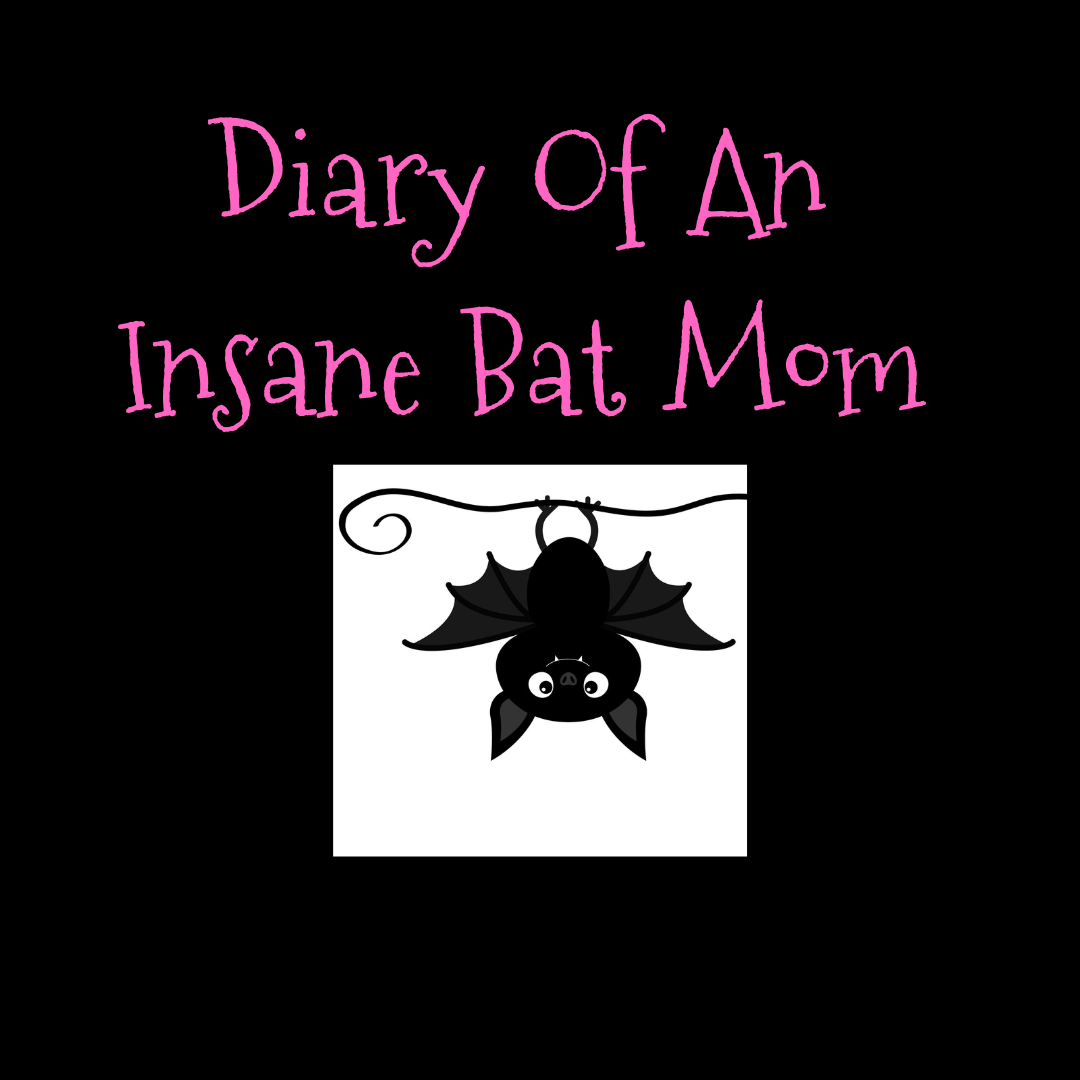
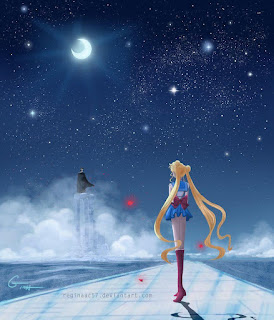
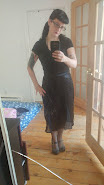

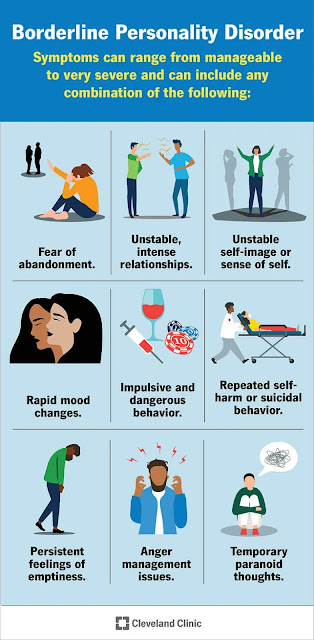
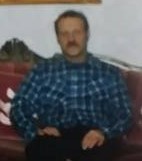

Comments
Post a Comment